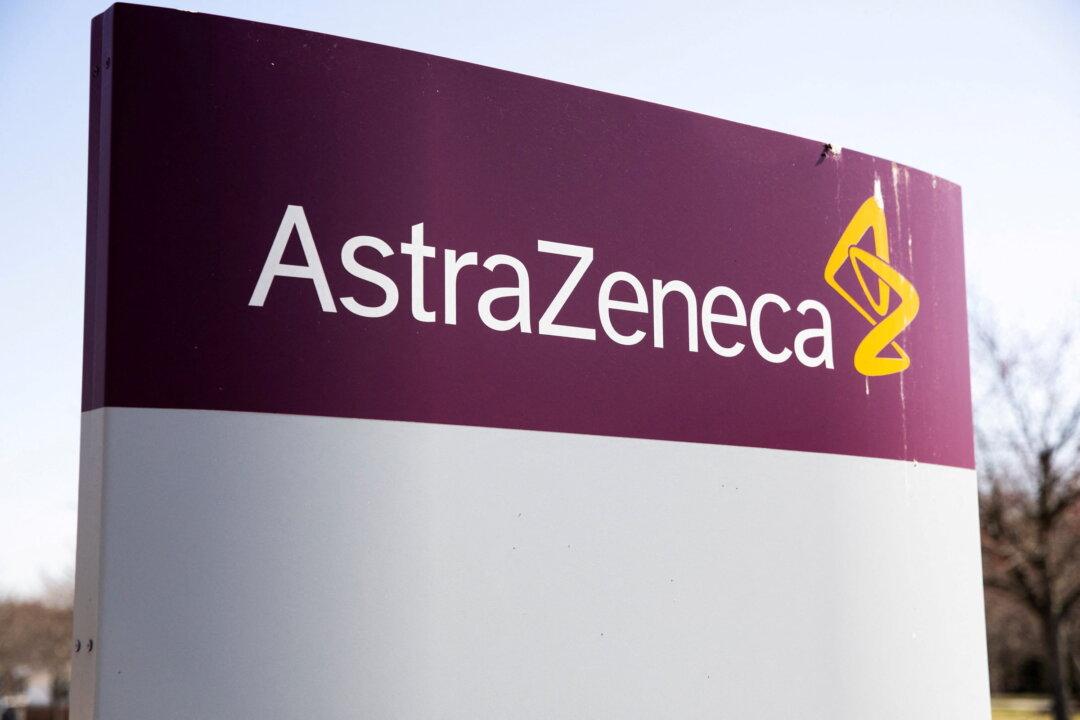AstraZeneca said it expected prescriptions of its COVID-19 therapy to drive sales growth of more than 20 percent this year, as company reported second-quarter profit that topped analyst estimates.
The injection, called Evusheld, which is designed to protect against COVID-19 infection for at least six months, has been deployed in many countries for people with compromised immune systems who see little or no benefit from vaccines.





